Why Not Put Onions in Compost? Exploring the Myths and Facts
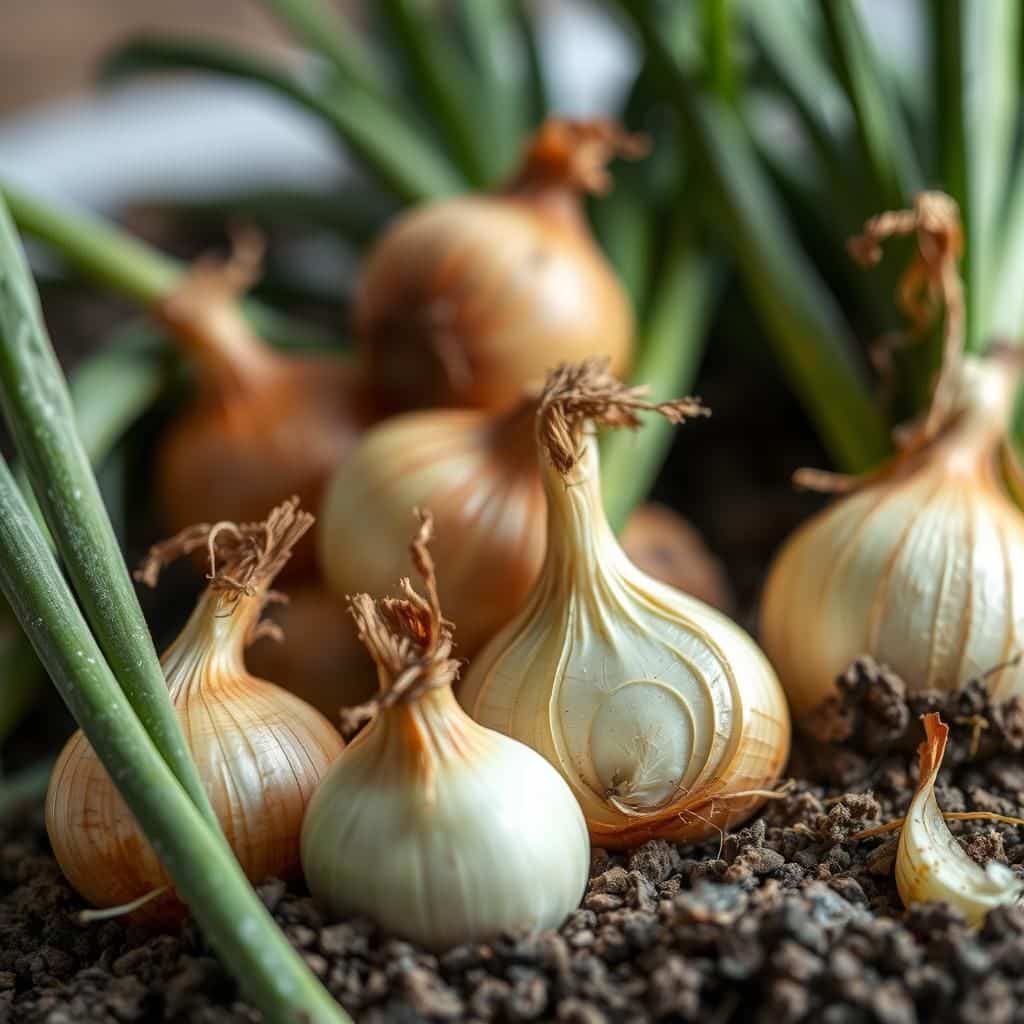
When it comes to composting, the debate over whether to include onions often stirs up confusion among gardeners and compost enthusiasts. Some believe that onions should be avoided due to their strong odor or the potential to attract pests, while others argue that they can provide valuable nutrients to the compost pile. This article aims to dissect the myths and facts surrounding the inclusion of onions in compost. By understanding the science behind composting and the characteristics of onions, we can make informed decisions about what to include, ultimately enhancing the health of our gardens and the environment.
Why Not Put Onions in Compost?
Adding onions to compost might seem like a good idea at first, but there are several reasons why they are often discouraged. Onions contain high levels of sulfur compounds, which can be detrimental to the composting process. When decomposing, the strong odor released can attract unwanted pests and animals, leading to potential contamination of the compost pile. Additionally, onions have a unique texture and moisture content that may not break down efficiently, resulting in a slower composting process or the creation of mold. Therefore, while composting is generally beneficial for organic waste, the inclusion of onions can complicate the process and diminish the quality of the compost produced.
Odor Issues
The sulfur compounds found in onions produce a potent odor when they decompose. This smell can be unpleasant and may deter you from using the compost in your garden. Furthermore, the strong aroma can attract pests, such as rodents or insects, which can lead to further problems in your compost pile.
Pest Attraction
When onions are added to compost, the strong scent can attract various pests, including rats, raccoons, and other animals searching for food. These unwelcome visitors can disrupt the composting process by disturbing the pile, potentially introducing pathogens, and eating other organic materials meant for composting.
Slow Decomposition
Onions contain a significant amount of moisture and have a tough structure, which can make them slow to decompose. If added to your compost pile, they may not break down as quickly as other organic materials, leading to imbalances in the compost mixture. This can result in a longer time frame before the compost is fully mature and ready to use in your garden.
Mold Growth
The high moisture content in onions can create an environment conducive to mold growth in a compost pile. When onions start to rot, this can lead to the development of undesirable fungi, which may further complicate the composting process and could potentially make the compost unsuitable for use.
Quality of Finished Compost
Finally, the presence of onions in compost can affect the overall quality of the finished product. Due to the reasons mentioned above, particularly the odor and the potential for mold, the compost may not be as nutrient-rich or beneficial for plants as it should be. Resultantly, the final compost could even impart undesirable characteristics to the plants it nourishes.
| Reason | Impact |
|---|---|
| Odor Issues | Unpleasant smells that deter usage |
| Pest Attraction | Increased likelihood of unwanted animals |
| Slow Decomposition | Longer time before compost is ready |
| Mold Growth | Potential development of harmful fungi |
| Quality of Finished Compost | Nutrient loss and unappealing properties |
Is onion bad for compost?
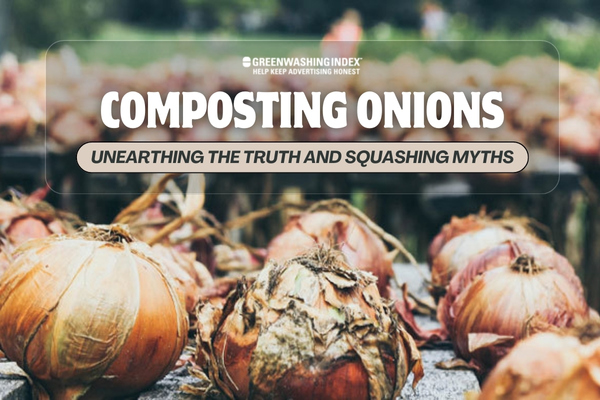
Onions can be a controversial addition to compost. While they are biodegradable and contribute to organic matter, their effects on compost can vary significantly depending on several factors. Here are the key points regarding whether onions are bad for compost.
Onion Composition and Benefits
Onions primarily consist of water, fiber, vitamins, and minerals. Their organic matter can contribute positively to compost, adding nutrients like nitrogen and phosphorous. However, they also contain sulfur compounds that can affect the composting process.
- Nutrient-Rich: Onions offer essential nutrients, which support the growth of microorganisms in compost.
- Organic Matter: The fiber in onions can improve soil structure and aeration once composted.
- Wet Material: Due to their high water content, onions can help keep compost moist.
Potential Issues with Onion in Compost
Despite their benefits, onions can also pose problems. The compounds in onions, particularly sulfur and certain acids, can inhibit the growth of beneficial bacteria and fungi essential for composting.
- Odor Issues: As onions decompose, they can produce strong odors which may be undesirable in a compost pile.
- Pest Attraction: The scent of decomposing onions may attract pests, which can disturb the compost environment.
- Slow Decomposition: Onions tend to take longer to break down due to their dense structure compared to softer vegetable matter.
How to Compost Onions Effectively
If you choose to compost onions, it is essential to follow certain best practices to minimize any negative effects on your compost pile.
- Cut Them Up: Chopping onions into smaller pieces can speed up the decomposition process.
- Mix with Other Materials: Combine onions with carbon-rich materials, like dry leaves or straw, to balance the nitrogen levels.
- Monitor Moisture Levels: Ensure moisture in the compost is well-regulated to prevent odors and maintain a healthy composting environment.
Alternative Uses for Onion Scraps
If composting onions doesn't seem ideal for you, there are other uses for onion scraps that can also benefit the environment.
See also: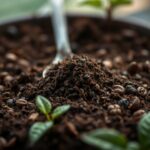
- Broth and Stock: Onion scraps can enhance the flavor of homemade broths and stocks.
- Natural Pest Deterrent: A spray made from onion and garlic can act as a natural pest repellent in gardens.
- Waste Reduction: Finding alternative uses for onion scraps reduces waste and promotes a zero-waste lifestyle.
Composting Alternatives to Onions
If onions don’t fit well into your compost strategy, there are numerous alternatives that can provide similar benefits without the headaches.
- Vegetal Peels: Carrot and potato peels are excellent options, breaking down easily and enriching compost.
- Leafy Greens: Leafy vegetable scraps decompose quickly and are rich in nitrogen.
- Fruit Scraps: Apple cores and banana peels add sweetness and nutrients, accelerating composting.
What vegetable should not be composted?
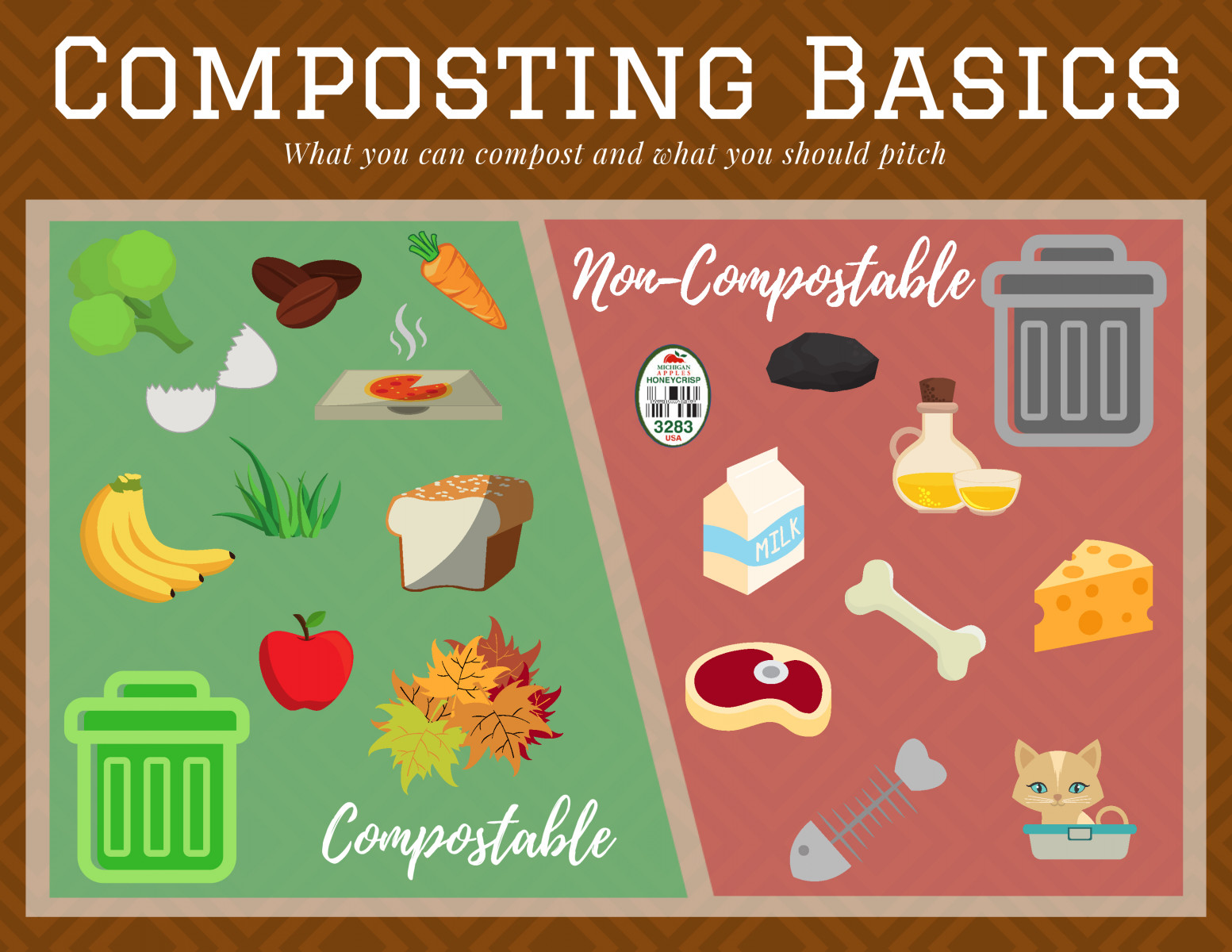
One vegetable that should not be composted is onion. While onions are organic materials, they pose unique challenges when added to a compost pile. The major concern is their strong smell, which can attract unwanted pests. Additionally, when onions decompose, they can create an anaerobic environment which can lead to the formation of bad odors and putrefaction. Here are some reasons why onions are best avoided in your compost bin:
Potential for Pests
Onions have a distinctive smell that can attract various pests such as fruit flies and rodents. These pests can turn your compost heap into a problem rather than a solution.
- Fruit flies are attracted by the strong aroma of decomposing onions.
- Rodents may see compost with onions as a food source.
- Pests can disrupt the composting process, making it less effective.
Odor Issues
Onions can produce a strong, unpleasant odor when decomposing improperly. This can lead to a bad smell that can pervade your compost area and disturb your garden’s ambiance.
- An odor can indicate anaerobic conditions, which are detrimental to compost quality.
- Strong smells can make maintaining a compost pile less appealing.
- The unpleasant fragrance may linger even after composting.
Impact on Composting Process
Adding onions may slow down the composting process. They contain natural compounds that can inhibit the activity of microorganisms critical for breaking down organic material.
- Onion skins can take a long time to decompose.
- Some compounds may inhibit the growth of beneficial bacteria.
- This can lead to an imbalance in the compost ecosystem.
Allium Family Concerns
Other vegetables in the allium family, such as garlic and leeks, share similar characteristics as onions and should also be approached with caution in composting.
- They may attract the same types of pests.
- They can produce undesirable odors during decomposition.
- They might add to the issues of anaerobic decomposition.
Alternatives to Composting Onions
Instead of composting onions, consider alternative methods to dispose of them. This can ensure that you do not harm the composting process while still dealing with your organic waste responsibly.
- Use them in a bokashi system, which is designed to handle food scraps, including onions.
- Disposing of them in a municipal organic waste system can be a better option.
- Consider using them in a worm bin, where they are less likely to attract pests.
Can I put onion scraps in my compost bin?
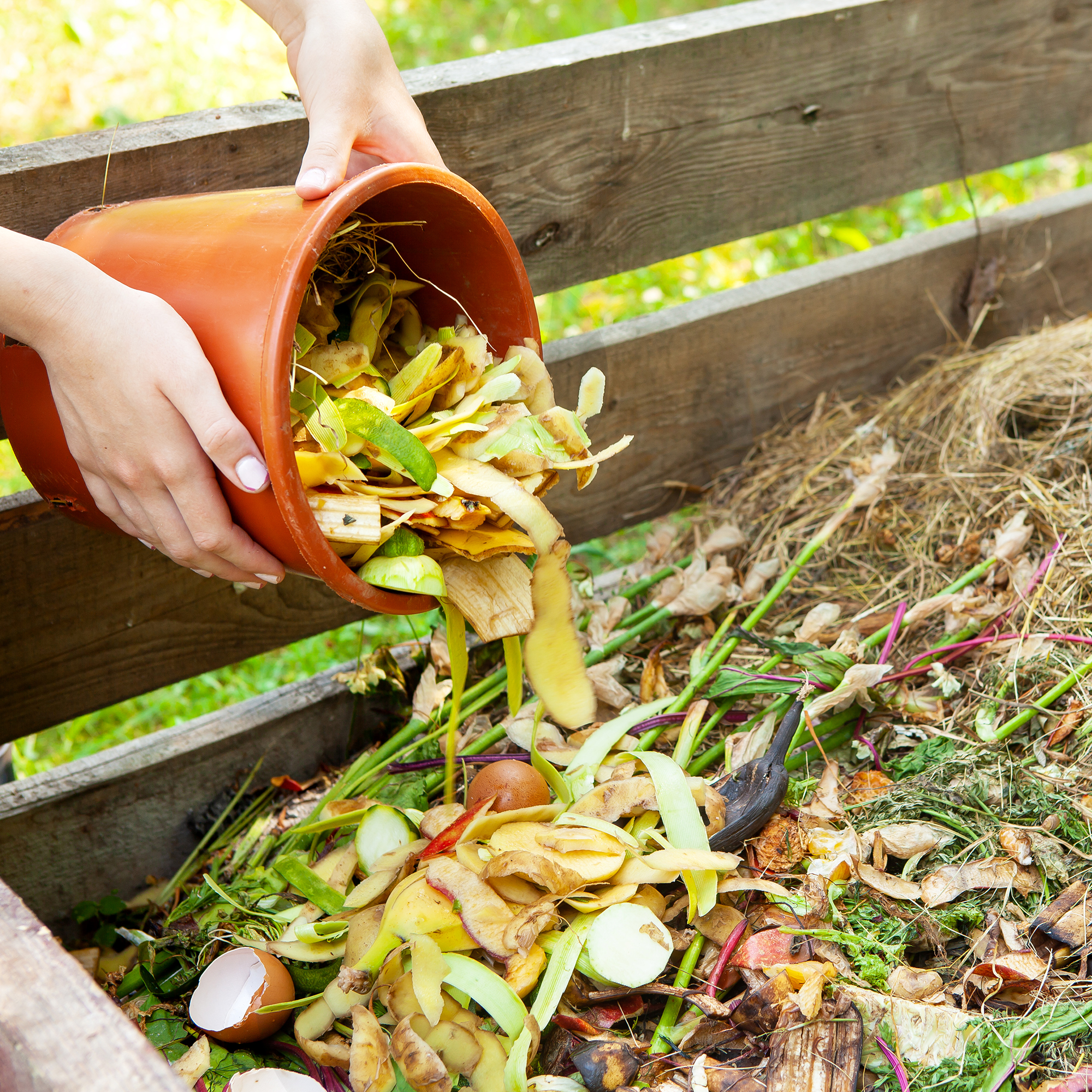
Yes, you can put onion scraps in your compost bin. Onions are organic waste and can contribute to your compost pile, enhancing its nutrient content. However, there are some considerations to keep in mind when composting onion scraps.
The Benefits of Composting Onion Scraps
Composting onion scraps offers several benefits that can improve the quality of your compost and garden soil. Here are a few:
- Nutrient-Rich: Onions are rich in nutrients like nitrogen, which helps in the overall decomposition process.
- Improves Soil Health: When onion scraps break down, they enhance the soil structure and introduce beneficial microorganisms.
- Reduces Food Waste: Composting onion scraps helps in minimizing landfill waste and encourages a sustainable lifestyle.
Potential Issues With Composting Onions
While composting onion scraps is generally beneficial, there can be some potential issues you should be aware of:
- Odor Production: Onions can produce strong odors during decomposition if not managed properly, attracting unwanted pests.
- Pest Attraction: The smell of onions may draw fruit flies and other insects to your compost bin if the scraps are not buried well.
- Acidity Levels: Onions are moderately acidic, which can affect the pH balance of your compost if added in large quantities.
Tips for Composting Onion Scraps
To successfully compost onion scraps, consider the following tips to mitigate potential issues:
See also: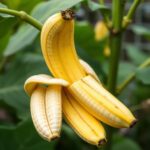
- Chop the Scraps: Cutting onion scraps into smaller pieces can speed up the composting process and reduce odor.
- Bury the Scraps: Always bury onion scraps within the compost pile to minimize odors and prevent attracting pests.
- Balance with Carbon: Mix onion scraps with carbon-rich materials (like dry leaves or cardboard) to maintain a balanced compost mixture.
Composting Techniques for Onion Scraps
Various composting techniques can optimize the inclusion of onion scraps in your compost:
- Bokashi Method: This anaerobic process can help break down onion scraps without the odor issues associated with traditional composting.
- Hot Composting: Maintaining a high temperature in your compost pile can help neutralize odors and speed up the breakdown of onion scraps.
- Vermicomposting: Using worms can efficiently compost onion scraps while minimizing bad smells and attracting beneficial microbes.
Composting Onion Peels vs. Onion Flesh
Differentiating between onion peels and onion flesh can affect your composting approach:
- Onion Peels: They are thin and decompose quickly, making them an excellent addition to compost.
- Onion Flesh: While it also decomposes, the flesh can produce more odor, so it’s crucial to incorporate it into the pile correctly.
- Overall Balance: Combining both parts in moderation along with other organic materials can create a healthy compost mix.
Can you put onion peels in the compost?

Yes, you can put onion peels in the compost. Onion peels are considered a green material in composting due to their high nitrogen content. They break down relatively quickly and help to create a nutrient-rich compost. However, there are some factors to consider when adding onion peels to your compost pile.
Benefits of Adding Onion Peels to Compost
Onion peels contribute several benefits to your compost mix:
- Nutrient-Rich: Onion peels contain vital nutrients such as nitrogen, phosphorus, and potassium, essential for plant growth.
- Accelerates Decomposition: Their high nitrogen content can speed up the composting process, helping other materials break down more efficiently.
- Improves Soil Structure: The addition of onion peels can enhance soil aeration and drainage, benefiting root development.
Potential Drawbacks of Onion Peels in Compost
Despite their benefits, there are some potential drawbacks to be aware of:
- Strong Odor: Fresh onion peels can emit a strong smell as they decompose, which might not be pleasant for some composters.
- Pests Attraction: The strong scent may attract certain pests, making it necessary to monitor your compost pile closely.
- Slow Breakdown: While they are nutritious, onion peels can sometimes take longer to break down than softer vegetable scraps.
How to Prepare Onion Peels for Composting
To maximize the effectiveness of onion peels in your compost, consider the following preparations:
- Chop or Shred: Cutting onion peels into smaller pieces can help speed up the decomposition process.
- Mix with Other Greens: Combine onion peels with brown materials like dried leaves or cardboard to balance the carbon-to-nitrogen ratio.
- Avoid Excess Quantity: Add onion peels in moderation to prevent overwhelming your compost with too much nitrogen.
Alternatives to Composting Onion Peels
If you choose not to compost onion peels, here are some alternatives:
- Use as Mulch: Dried onion peels can be spread around plants to help retain moisture and suppress weeds.
- Make Onion Peel Tea: Steeping onion peels in water creates a nutrient-rich liquid fertilizer for your garden.
- Feed to Worms: If you have a worm bin, onion peels can be fed to worms in small amounts as a special treat.
Best Practices for Composting Onion Peels
To ensure successful composting of onion peels, follow these best practices:
- Balance Materials: Ensure a mix of green and brown materials to create an efficient compost environment.
- Monitor Moisture Levels: Keep your compost pile damp but not wet; too much moisture can lead to odor issues.
- Turn Regularly: Aerating the compost pile will help maintain proper decomposition and reduce odors.
Questions from Our Readers
Why shouldn't you put onions in compost?
Putting onions in compost is generally discouraged because they can produce strong odors and attract pests. Additionally, the composting process may be negatively affected, as onions release natural compounds that can hinder the breakdown of other materials.
What problems do onions cause in compost?
Onions can create harmful bacteria in compost, which can lead to foodborne illnesses if the compost is later used on edible plants. The acidity from decomposing onions may also alter the pH balance of the compost, impacting the overall health of the compost mix.
Are there any benefits to composting onions?
While generally not recommended, composting small amounts of onion scraps may be acceptable in a well-managed compost pile. If balanced with other green and brown materials, they can still contribute to nutrient content, but the risks often outweigh the benefits.
What should you do with onion scraps instead of composting them?
Instead of composting onion scraps, you can consider options such as discarding them in the trash or using them for vegetable broth. Alternatively, some people choose to bury onion peels directly in the garden, allowing them to decompose in place without disrupting the composting process.
See also: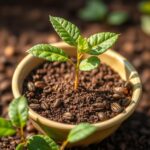

If you want to read more articles like Why Not Put Onions in Compost? Exploring the Myths and Facts, we recommend you check out our Compost category.
Leave a Reply
Related Articles